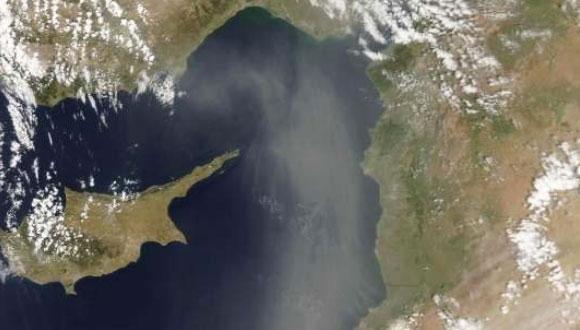NASA Data node in Israel
The Israel Space Agency - Middle East Interactive Data Archive (ISA-MEIDA) is the Israeli NASA node.
Environmental issues, such as global warming, the ozone layer, pollution, and extreme weather conditions, have become paramount topics on the world agenda. Global changes impact Israel through, for example, changes in amount and distribution of precipitation, and air pollution. Local environmental changes have a major impact on quality and extent of life.
ISA-MEIDA was established in order to create and maintain an Earth observing data center available on the internet to the research community and general public, it emphasizes the collection and archiving of Israeli Earth Science data sets. All ISA-MEIDA services are free of charge.
Our new project, funded by the Ministry of Science, is The Israeli Atmospheric and Climatic Data Center (IACDC), starting from December 2015, a digital library for geophysical data.
Research in the Earth Sciences employs numerous observed and simulated data sources, which continuously grow with the increase in computing and storage capacities. The center will facilitate the usage of a multitude of datasets of different origins through the standardized archiving of geophysical data. Various geophysical datasets, such as climate model output, reanalyses, satellite data, and raw measurements, will be archived using the Obs4MIPS and CMIP5 archiving standard; thereby relieving researchers of much of the work associated with downloading and converting between data formats, as well as allowing them to employ uniform analysis methods across datasets.
The center will dedicate a special effort to collect data unique to Israel such as output from regional models, historical reports, and other measurements, unavailable elsewhere.
Researchers will be able to "order" the data they require from the center, and have it temporarily stored there. The aim is to also provide the capability of performing additional tasks, such as subsetting and calculation of derived quantities upon request.
In addition, the center aims to provide a "community data sharing" model, connecting between researchers with access to different datasets, thereby maximizing the volume of data accessible to researchers in the field.
The center is currently in the process of being built, the first stage will provide data to order, with more advanced requests possible at a later stage.


